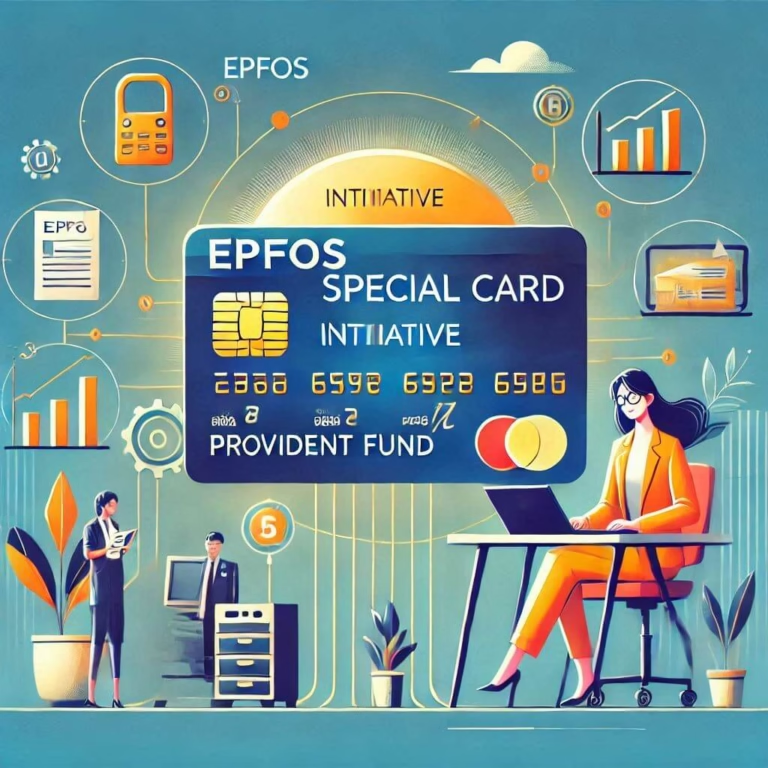2025 HR Predictions: AI in Assessments to Detect Cheating and Enhance Candidate Experience
The growing integration of artificial intelligence (AI) into hiring processes brings both opportunities and challenges. Sara Gutierrez, Chief Science Officer at SHL, raises concerns that AI’s role in hiring could potentially harm the identification of top talent. However, she highlights how AI can also be a powerful tool for identifying dishonest candidates using technology to cheat and for improving the overall experience of genuine applicants.
The future of AI in HR is moving toward skills-based resourcing, focusing on candidates’ abilities rather than their roles. By refining assessments and offering personalized feedback, AI is set to revolutionize hiring in 2025, ensuring better candidate selection and engagement.
Analysis
AI is reshaping HR practices, particularly in the realm of candidate assessments. Here’s how it is likely to impact HR in 2025:
Key Trends for 2025
1. Focus on Skills-Based Hiring
- AI is driving a shift from traditional role-based hiring to skills-based resourcing.
- As job and skills data grow increasingly complex, firms are relying on AI to manage this information and make better hiring decisions.
2. Tackling Cheating with Advanced Assessments
- Dynamic, context-based assessments will become the norm, making it harder for candidates to use AI tools dishonestly.
- Problem-solving and critical thinking tasks will be prioritized, as they are harder to manipulate.
- AI will help create “cheat-resistant” assessments, safeguarding the integrity of hiring processes.
3. Enhanced Candidate Experience
- Generative AI will bring more personalization and interactivity to assessments.
- Candidates will receive detailed, tailored feedback, improving their experience and perception of the hiring process.
- By using AI-driven insights, recruiters can engage with candidates more effectively.
4. Interactive Assessments on the Rise
- Future assessments may adapt in real-time based on candidate responses while maintaining fairness and standardization.
- This flexibility allows for innovative approaches to evaluating skills, fostering better candidate-recruiter alignment.
What’s in It for HR?
- Improved Hiring Accuracy: AI will help HR teams identify genuine talent while filtering out dishonest candidates.
- Efficient Processes: Automating assessment design and feedback reduces recruiter workload.
- Fair Assessments: AI ensures a standardized and unbiased process, boosting organizational credibility.
What’s in It for Employees?
- Personalized Feedback: Candidates will benefit from insights tailored to their performance, aiding their professional growth.
- Interactive Assessments: Engaging evaluations enhance the candidate experience, making job applications less daunting.
- Skill-Centric Opportunities: A focus on skills gives candidates without traditional qualifications a fair chance to prove themselves.
What’s in It for You (as an Individual)?
- Confidence in Fairness: Knowing that assessments are standardized builds trust in the hiring process.
- Opportunities for Growth: Feedback from AI assessments can guide candidates toward self-improvement.
- Interactive Engagement: Candidates can experience a more dynamic and responsive application journey.
Conclusion
As AI continues to evolve, it is transforming how organizations assess talent. The focus on skills-based hiring, personalized feedback, and interactive evaluations is setting the stage for a fairer, more effective hiring process. In 2025, the integration of advanced AI tools will ensure both organizations and candidates thrive in a transparent, innovative recruitment ecosystem.







